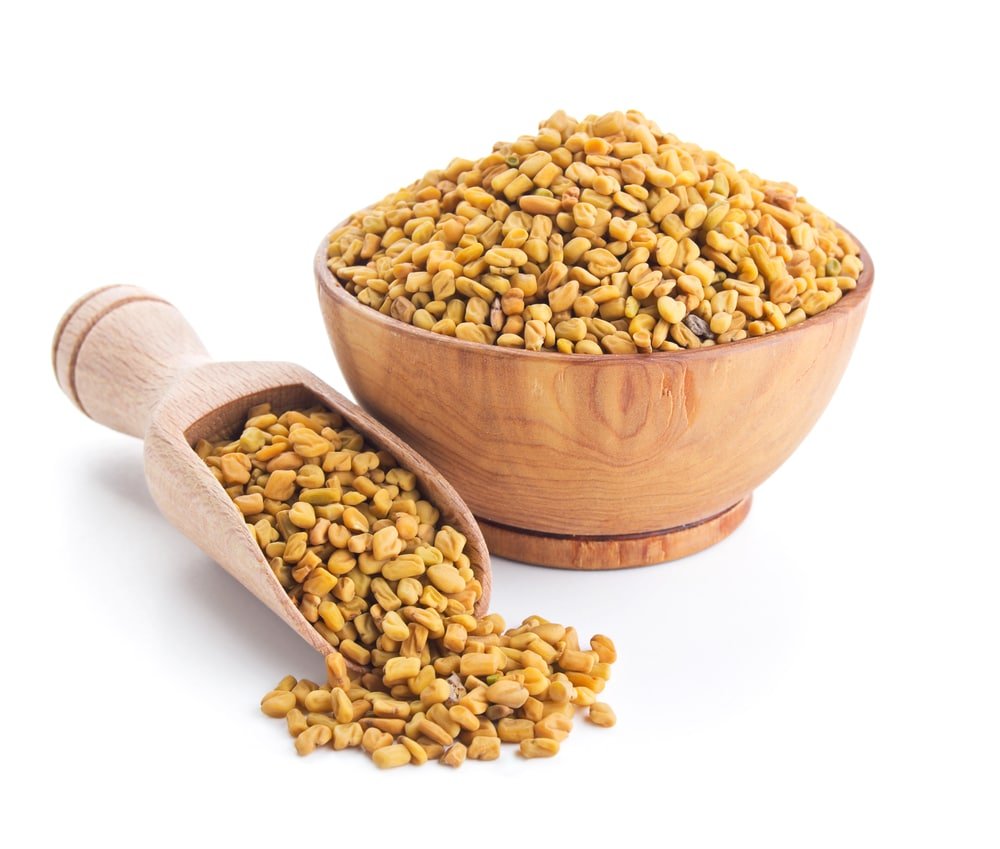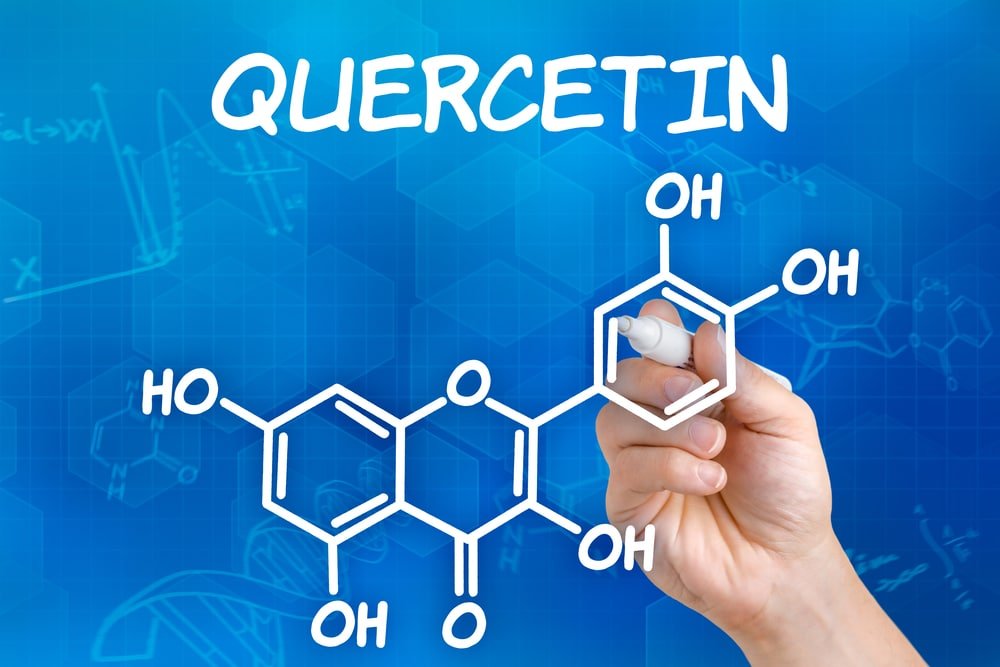Zinc is packed with amazing health benefits. Some of these health benefits includes promoting a healthy skin, eliminating prostate disorder, promoting mental health, sharpening eye sight, treating common cold and promoting weight loss. Other benefits includes regulating the body metabolic rate, helping repair and ensuring cell growth, cancer prevention, relieving fatigue and treating night blindness.
Our body requires a few trace elements to function optimally and to help us steer clear of potential health threats and complications. Zinc has a wider role in maintaining healthy body functions than most other elements. This article aims to highlight how zinc is essential to the well being of the human body.
What is Zinc?
Zinc was used by the Greeks and Romans for centuries before it was actually considered a metal in its own right. It was given the official status of a metal in India during 1100’s to the 1500’s. A Chinese firm began refining zinc in the 1500’s and a ship that was transporting Chinese zinc from India sank around the 1700’s.
It is uncertain who discovered the metal. Most Europeans believe that it was discovered by a German chemist named Andreas Marggraf around 1746, although the rest of the world attributes the discovery of zinc to the Flemish metallurgist; P. Mores in 1668.
The human deficiency of zinc was determined in 1963.
Food Sources of Zinc
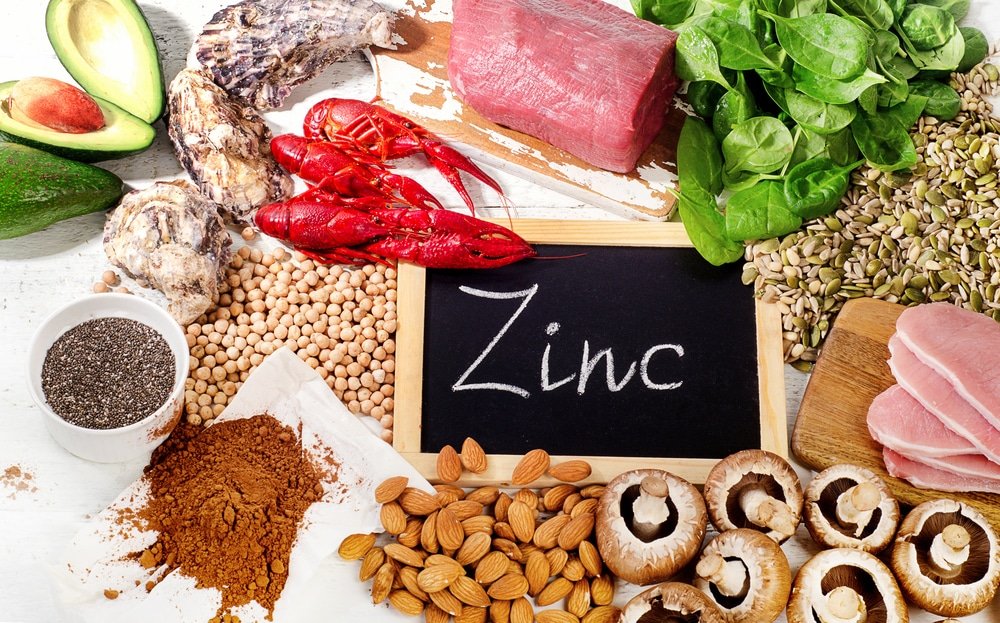
A healthy whole-foods diet will provide you with the trace elements that your body needs to replenish on a regular basis. Zinc is no exception, although the body is unable to store it in large quantities, its uses are plenty. Here is a list of foods that are rich in zinc
- Oysters
- Beef chuck roast
- Pork Chops
- Crab
- Beef patty
- Lobster
- Breakfast cereal (fortified with zinc)
- Baked beans
- Chicken and dark meat
- Cashews (dry roasted)
- Yogurt
- Cooked chickpeas
- Cheese
- Oatmeal
- Almonds (dry roasted)
- Flounder
- Peas
- Milk
- Eggs
Many processed foods are fortified with zinc but it is much preferred that you go the whole-foods route to promote overall health.


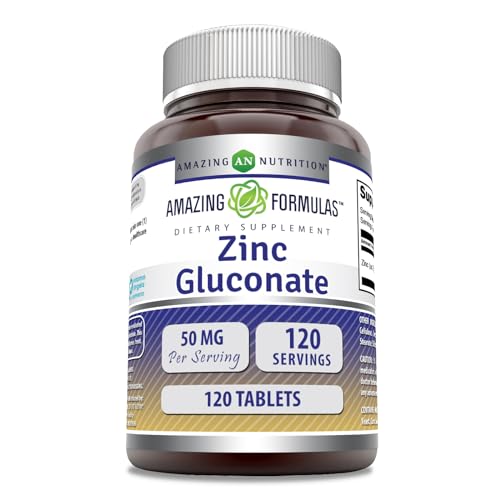
Zinc Deficiency Symptoms
As the human body needs trace minerals to perform all of its functions, a deficiency in the mineral can lead to different health disorders. Here are a few of the symptoms that you might be experiencing due to zinc deficiency.
The problem may entail loss of appetite, growth retardation, impaired immunity and joint pain. In severe cases, this can lead to hair loss, diarrhea, impotence, hypogonadism in males, eye and skin lesions. This can also lead to excessive weight loss, taste abnormalities and also impaired mental health. Although these symptoms are a result of zinc deficiency a through blood exam can be helpful in determining the exact cause.
Daily Recommended Allowance
- 0-6 months 2mg
- 7-12months 3mg
- 1-3years 3mg
- 4-8 years 5mg
- 9-13 years 8mg
- 14-18 years 11mg for males and 9mg for females
- 19+ years 11mg for males and 8mg for females
- Expecting ladies may require a dose of 12 mg every day.
11 Amazing Health Benefits of Zinc
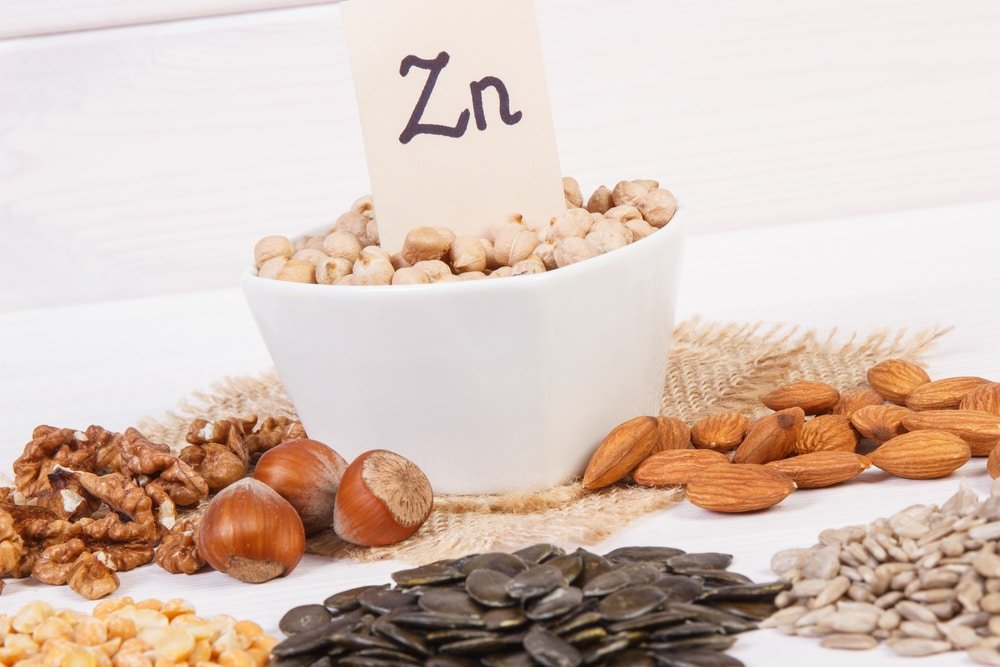
The symptoms discussed earlier show the importance of zinc adequacy in your daily diet. In light of this, here are 11 reasons why zinc needs to be a part of your diet:
1. Healthy Skin
It plays a vital role in regulating testosterone levels in the body which are related to acne and other skin imperfections. Zinc enhances the testosterone levels in males, keeping the skin youthful for a longer period of time. Acne may also be the result of inflamed pores and bacteria; zinc ups the white blood cell count and prevents bacterial infections.
2. Eliminate Prostate Disorder
Prostate disorder and swelling of the prostate gland can eventually lead to prostate cancer. People suffering from this disorder can introduce a 15mg daily intake of zinc into their diets after consultation with their physician. Zinc can help heal any prostate disorders effectively.
3. Mental Health
It acts as a facilitator with vitamin B6 to revive brain health. Diets high in zinc are seen to keep the cognitive function intact even in old age. The hippocampus, the part of the brain associated with memory contains high concentrations of this mineral. Zinc keeps the brain function intact even if it has sustained injury. This may pose as a preventative measure for diseases such as Alzheimer’s.
4. Heals the Senses
As the body ages, it reacts differently, some might feel their senses sharpening while some people begin to really feel the effects of old age. However, it helps keep the senses sharp, especially the sense of taste and smell. Olfactory cells and tastebuds are zinc-reliant. A regular intake of zinc can help enhance cell regeneration and sharpen your senses.
5. Treat Common Cold
Pro-inflammatory cytokines can aggravate the body during bouts of cold; It is one of the most effective minerals that reduce the number of these cytokines. Zinc’s capability to increase the white blood cell production can be very useful when the body is experiencing infections and viruses such as influenza or cold.
6. Weight Loss
Zinc can manipulate the ghrelin hormone, which is what gives you those midnight hunger pangs, even though you have ate a full meal. It acts as appetite suppressant and can help you lose some weight.
7. Protein Synthesis
Protein synthesis is necessary for the body to maintain a healthy metabolic rate and it also helps promote cell regeneration. Zinc acts as a stimulator for protein synthesis and enzymatic functions, which keeps the body functioning properly.
8. Cell Growth
Zinc is an essential part f the enzymatic functions that perform cell regeneration and cell growth. This helps repair your D.N.A and also plays a vital role in keeping your metabolism fast and healthy – enabling your body to convert carbohydrates into energy efficiently.
9. Cancer Prevention
The capability of zinc to keep the cells protected and repair them is very useful in preventing the onset of cancer. Cancer damages DNA, which is why it is important to incorporate a diet full of zinc so that the patient can combat cell degradation.
10. Relieves Fatigue
Zinc can help the body produce more energy as it facilitates the metabolic function. For women taking zinc supplements during PMS can greatly reduce fatigue and keep the energy levels high. Fish oil is a supplement that most doctors recommend for battling fatigue, fish oil is also high in zinc which makes it so effective.
11. Night –Blindness Treatment
Zinc also acts as a preserver of your vital organs. Increasing your zinc intake can be very useful n sharpening your eyesight, and studies have shown that zinc reduces the chances of night blindness a great deal. Adding about 150mg to 450mg is recommended for people suffering from vision loss. Zinc works with vitamin A present in most of foods that zinc is abundant in, this combination is fool-proof for healthy eyes.
Recommendations
All in all, with all those benefits, it is still strongly recommended that you consult your physician before adding any mineral supplement to your diet. Trace metals are not needed by the body in abundance nor can the body store them. Determine the required amount for your body and take you doctors advice on increases the intake.



Join the 7‑Day “Better Gut” Plan
Pop in your email and we’ll send Lesson 1 + the printable list.






